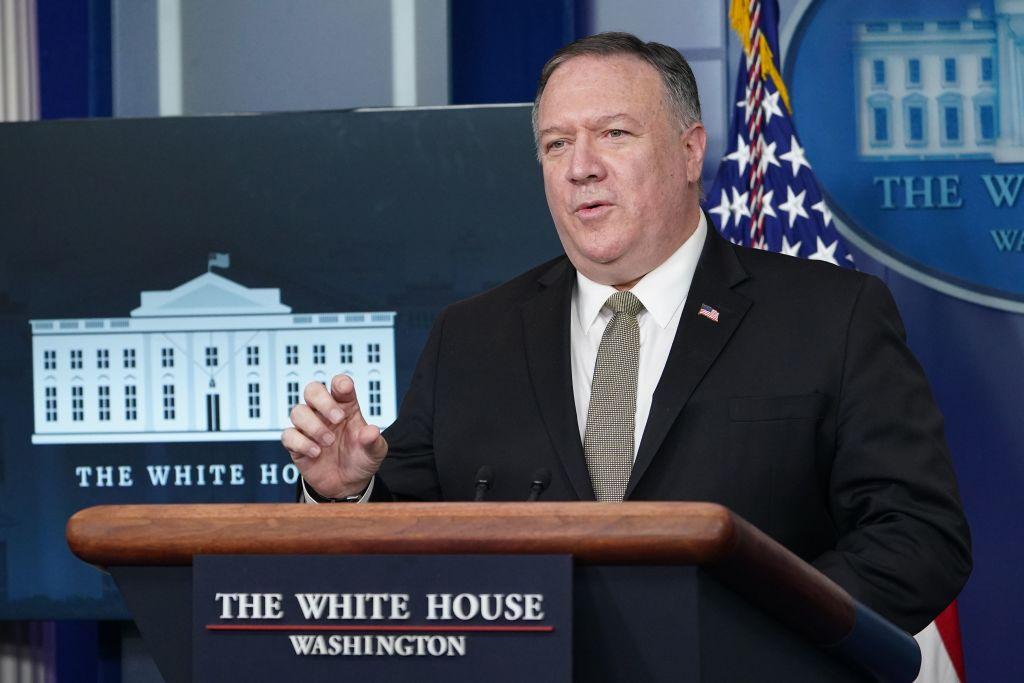Secretary of State Mike Pompeo spoke to China’s top diplomat for the second time in a month, this time pressing China to be fully transparent about the pandemic.
In an April 15 phone call with China’s top diplomat Yang Jiechi, Pompeo stressed “the need for full transparency and information sharing to combat the COVID-19 pandemic and prevent future outbreaks,” according to a State Department statement.





